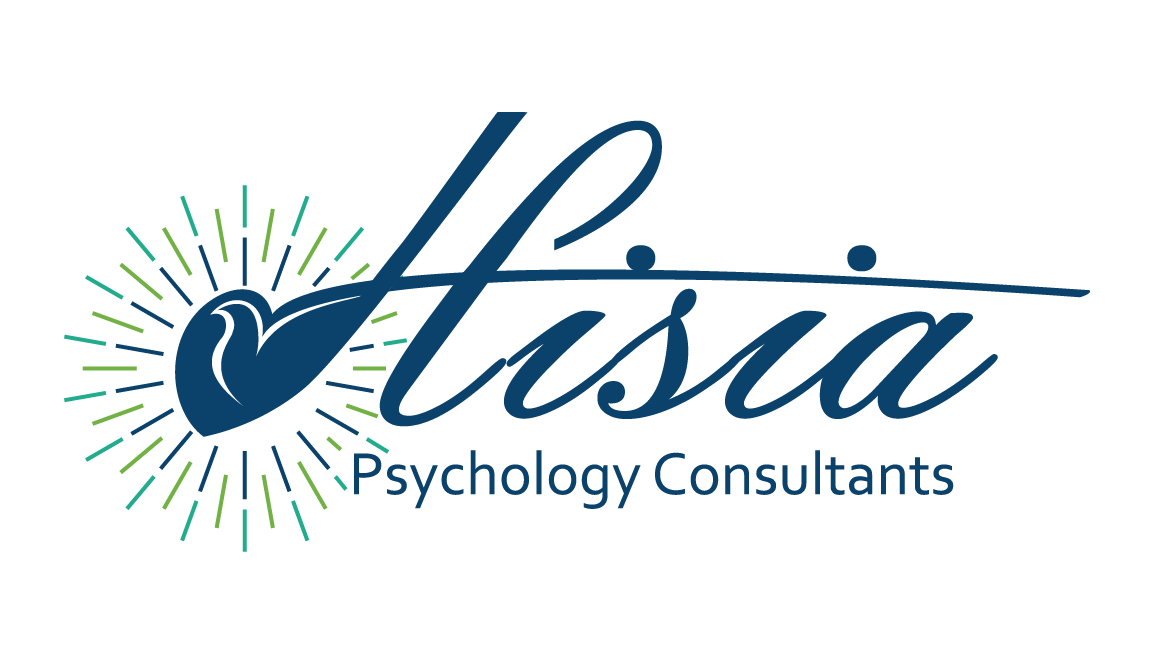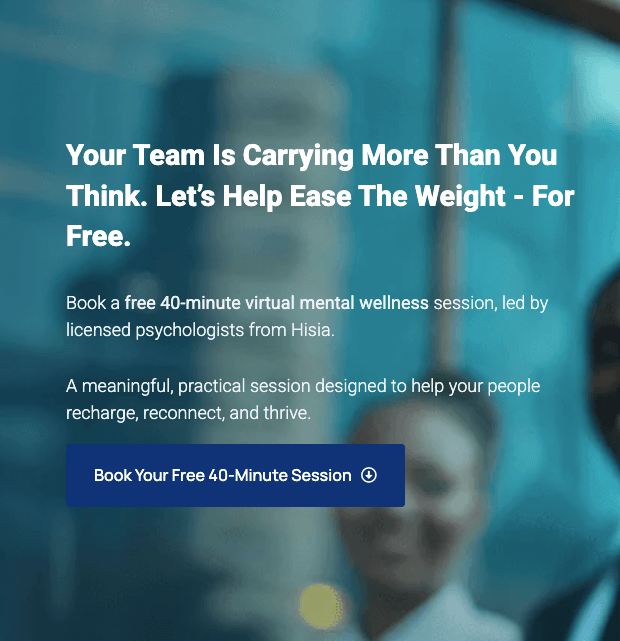Misconception: Mental illness is a sign of weakness or personal failure.
Debunked: Mental illness is not a reflection of personal weakness or failure. It is a medical condition that can affect anyone, regardless of their strength or character. Factors such as genetics, brain chemistry, traumatic experiences, and environmental influences play significant roles in the development of mental health issues.
Misconception: People with mental illnesses are violent and dangerous.
Debunked: The vast majority of individuals with mental health conditions are not violent or dangerous. In fact, people with mental illnesses are more likely to be victims of violence rather than perpetrators. Media portrayals that sensationalize violence associated with mental health conditions contribute to this misconception and perpetuate stigma.
Misconception: Mental health problems are just a phase and will go away on their own.
Debunked: Mental health conditions are not temporary phases that will simply disappear without intervention. Like physical illnesses, mental health problems often require professional treatment, therapy, or medication. Ignoring or dismissing mental health concerns can lead to further complications and suffering.
Misconception: Children do not experience mental health problems.
Debunked: Children and adolescents can and do experience mental health issues. Conditions like anxiety disorders, depression, attention-deficit/hyperactivity disorder (ADHD), and autism spectrum disorders can manifest in childhood. Early detection and appropriate support are crucial for their well-being and long-term development.
Misconception: Seeking help for mental health is a sign of weakness or incompetence.
Debunked: Seeking help for mental health is a sign of strength and self-awareness. It takes courage to recognize when support is needed and to reach out for assistance. Just like seeking medical help for a physical ailment, seeking mental health treatment is a proactive step towards overall well-being.
We can foster greater understanding, compassion, and support for individuals dealing with mental health challenges by debunking these misconceptions.
Don’t hesitate to reach out to us for professional support if you’re facing mental health challenges. Call/Whatsapp 0745562108 or fill in the form below.
Prioritize your mental well-being as an ongoing journey.








